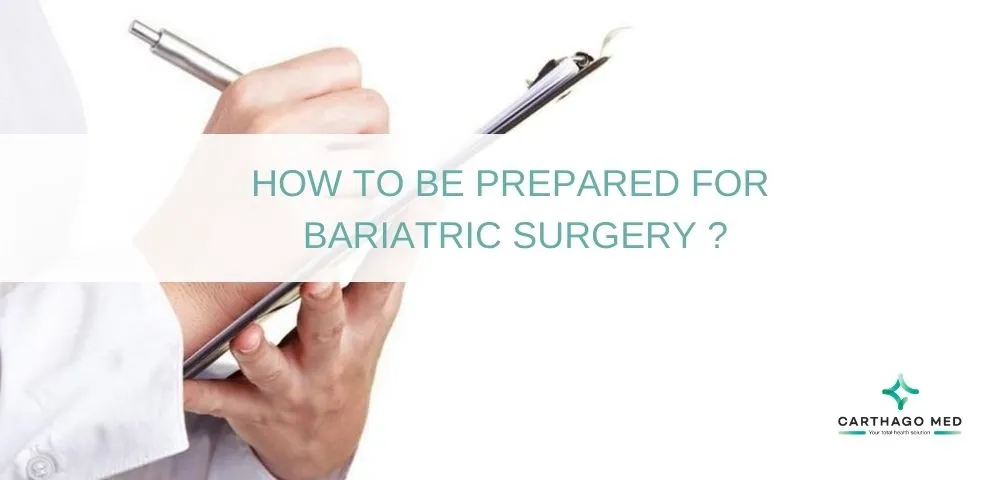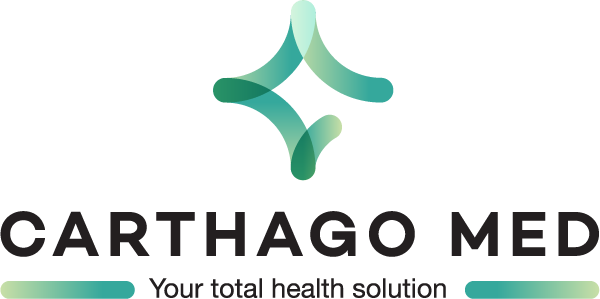
How to be prepared for bariatric surgery ?
Preparing for bariatric surgery is a crucial step in your weight loss journey. It’s more than just entering the operating room; it’s about making informed decisions, optimizing your health, and setting yourself up for success. This guide will walk you through every aspect of preoperative preparation, from consultations and checkups to dietary changes and mental readiness
What are the importance of preoperative consultations?
The preoperative consultation with the surgeon is a paramount step prior to your bariatric surgery. During it, the surgeon will evaluate your needs, give you all the different bariatric surgery options (sleeve gastrectomy, gastric bypass, gastric band), and explain the procedure as well as its postoperative effects. The goal of the preoperative consultation is to determine which bariatric technique is the right for you. You will also have the chance to discuss the chosen procedure and its eventual results. It is very important to share all information that might be of help to your surgeon as the reasons why you are unable to lose weight conventionally (through sports, dieting, etc.), your willingness to get pregnant after the surgery (if you are a woman), your expectations from the surgery, and other pertinent information. Your surgeon will help you decide on the most appropriate procedure for you and give you advice and recommendations to follow after your bariatric surgery.
What check-up and examinations are required before bariatric surgery?
Prior to any kind of cosmetic surgery, the patient has to necessarily undergo a complete medical check-up as well as a blood test. In the case of bariatric surgery, besides the preoperative check-up (involving the effects of obesity on the body), the patient has to undergo diverse examinations to check whether they suffer from heart problems or other pathologies. The patient will also need to see a nutritionist to conduct a nutritional assessment and a psychologist to prepare themselves emotionally prior to the big procedure.
What dietary changes are recommended before bariatric surgery?
Before surgery, you’ll likely shift gears with your diet. This pre-operative phase involves transitioning to a low-calorie, low-carb, and high-protein plan. This helps shrink your liver, making surgery safer. Focus on lean protein like chicken, fish, and tofu, along with non-starchy vegetables and healthy fats like avocado and nuts. It’s also crucial to practice mindful eating during this time. This means slowing down, savoring your food, and listening to your body’s hunger and fullness cues. discuss any food sensitivities or allergies you have with your surgeon or dietitian. This open communication allows them to tailor your pre-operative diet specifically to your needs, minimizing the risk of complications after surgery. By identifying and avoiding potential triggers, you can optimize your body’s ability to heal and bounce back effectively. Emotional eating can be addressed by identifying and understanding your triggers, then developing healthier coping mechanisms. Practices like journaling, exercise, or mindfulness can help you manage emotions without turning to food.
Involving your family and friends in your pre-operative journey can be incredibly beneficial. Openly discuss their role in supporting your dietary changes and creating a positive, supportive environment. Remember, their understanding and encouragement can make a significant difference during this important time. If your dietary habits are influenced by your cultural background, discuss adapting the pre-operative diet with a dietitian who understands cultural nuances. This will ensure the plan respects your cultural preferences while effectively preparing you for surgery.
incorporate mindful portion control into your pre-operative diet. This practice involves approaching food with greater awareness and intention. Opt for smaller plates to visually reduce serving sizes, and measure your food to ensure you’re consuming the recommended amounts. Additionally, minimize distractions while eating. This sets you up for success after surgery. Finally, in the days leading up to surgery, you may transition to a clear liquid diet to ensure an empty stomach for the procedure. prioritizing your hydration is key. Aim to consistently drink 8-10 glasses of water throughout the day to keep your body well-hydrated and aid in digestion. Consulting your doctor about personalized recommendations, especially regarding vitamin or mineral supplements to address any potential deficiencies, is crucial pre-surgery. To make the transition to your pre-surgical diet smoother, consider requesting a sample meal plan from your surgeon or dietitian. This can provide practical examples of what to include in your meals and ensure you’re getting the necessary nutrients to prepare for your surgery. This is a temporary phase guided by your surgeon. Remember, these dietary changes are crucial for a smooth and successful surgery

How to Mentally Prepare for Bariatric Surgery?
Embark on a journey of self-discovery and well-being by setting realistic goals that foster progress, not perfection. Rather than aiming for the unattainable, prioritize achievable targets for weight loss and lifestyle changes. Celebrate every milestone, acknowledging that small steps lead to significant transformations. Simultaneously, equip yourself with tools to manage stress effectively. Explore techniques like meditation, yoga, or deep breathing to navigate emotional challenges with grace and resilience. Finally, begin addressing body image concerns with the support of a therapist or group. By nurturing a healthy relationship with your body after surgery, you can unlock a world of self-acceptance and confidence. Remember, this is a journey, not a destination. Embrace the process, celebrate progress, and prioritize your well-being every step of the way.
What are the other steps to follow prior to bariatric surgery?
Once the medical check-ups and tests are conducted and the result documents in hand, the patient may readdress their surgeon. The surgeon will consult the results of the medical check-ups and tests, evaluate the overall health of the patient, and decide on which bariatric technique to perform. If the patient presents any contraindications to the surgery, the surgeon will propose other alternatives to weight loss. If not, the surgeon will approve performing the procedure; and along with the anaesthetist, they will share all the necessary information regarding postoperative care with the patient. It is important to note that in-between your preliminary consultation and the due date of your surgery, you will have plenty of time to reflect upon your procedure, weigh the pros and cons, and decide on whether this is the right alternative for you. It is paramount to be certain of your decision as both the psychological aspect and determination are key to the success of bariatric surgery.









